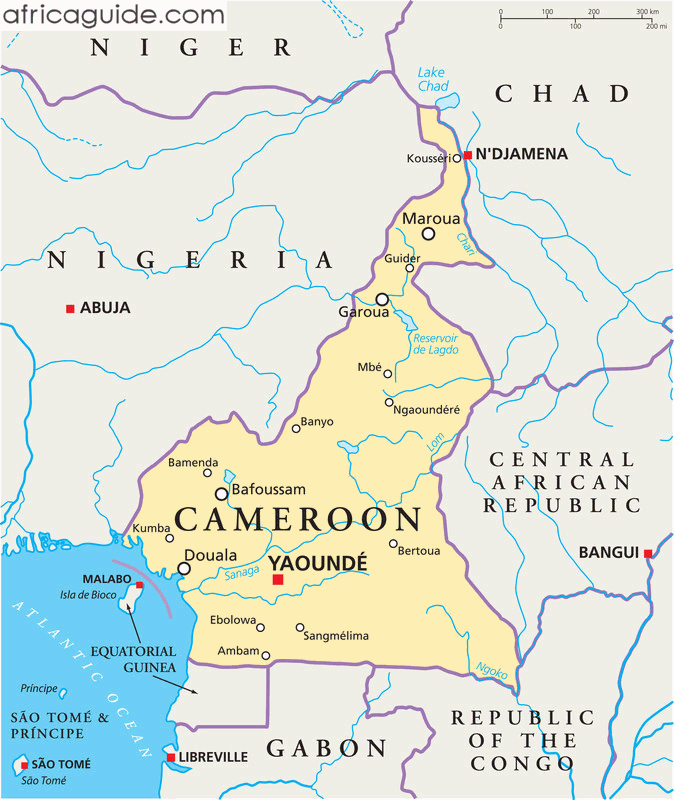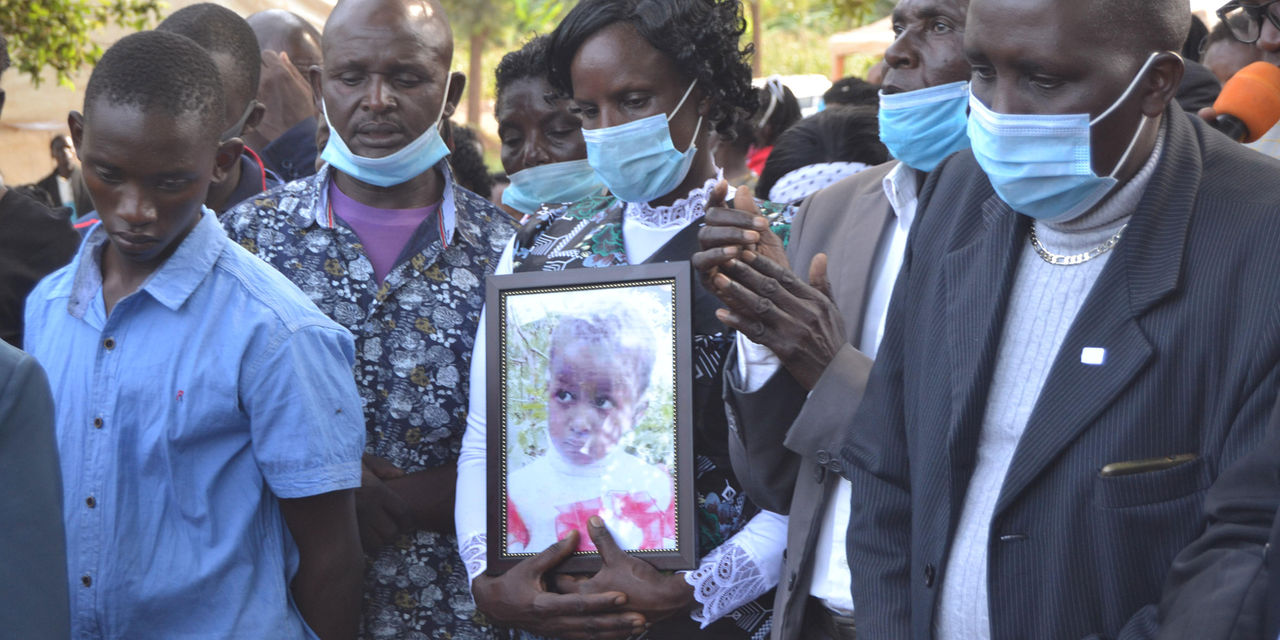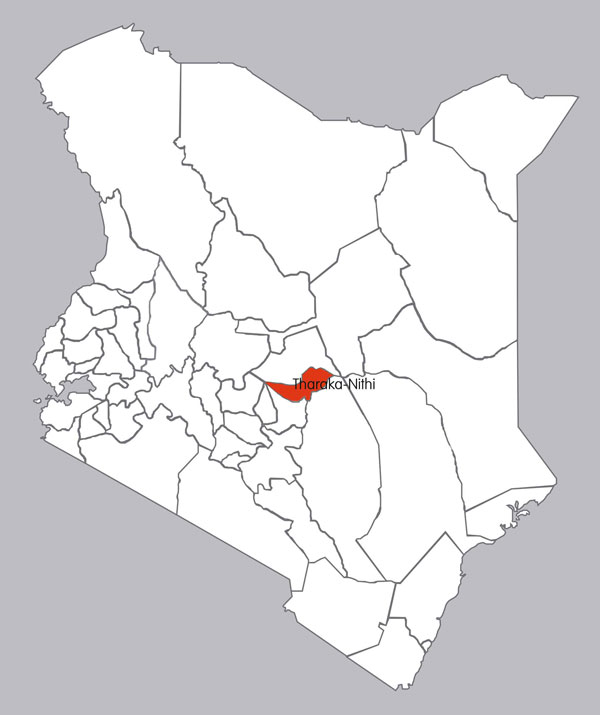Sometimes information on the occurrence of ritual likings or specific ritualistic murders is hidden in articles and/or books. One has to read between the lines to discover a reference to these age-old, cruel, outdated and criminal practices.
Such was the case when I recently read an article written by Martha Mukaiwa, a writer and journalist based in Windhoek, Namibia. She is also a writer in residence at the International Writer Program.
Martha Mukaiwa recently gave us her view on Namibia as a peaceful country. In fact, she provides many examples to the contrary.
In an article published by The Namibian, she presents a picture of Namibia which is different from what we expect. The at times gruesome facts she presents are shocking and convincing. Besides, it is my honest view that one always has to listen to what people who know a country well have to say about their native country.
Martha Mukaiwa provides us with an insight in this southwestern African country which is not known in detail to the outside world. In particular she focuses on gender-based violence and the plight of LGBTQI+ people in Namibia. I fully share and support her plea for a more peaceful Namibia.
Therefor I wish to recommend her article. Moreover, Namibia does not often strike headlines with respect to ritualistic killings. Hence another reason why Martha Mukaiwa’s article deserves reading. For that reason I’ve included it below.
(webmaster FVDK)
Peace in Namibia?

Published: May 18, 2024
By: Martha Mukaiwa – The Namibian
The tale many of us like to tell is that Namibia is a peaceful country.
It’s a mantra we repeat, as if saying it incessantly will make it entirely true, as if to be at peace is simply to not be at literal war.
When struggles for independence near their end, most nations begin the work of penning promises and predicting the future.
They compose constitutions. They write about themselves in golden, glowing terms, assuring things like freedom, prosperity and peace.
But just because a nation is not at war does not mean it’s not beset with a spirit of violence.
The same beating, bloody compulsion that shouts from daily newspapers as they speak of countless murdered women, six slain LGBTQI+ citizens in the last nine months and myriad of unnamed rape victims violated on their way to work, on their way to school, on their way to anywhere.
So where, pray tell, is this peace?
This peace of mind, freedom from violence, from murder and from vanishing?
Is it in Kavango East, where a string of murders, many victims missing body parts, remain unsolved as locals whisper of ritual killings? (italics added by the webmaster FVDK)
Is it in the traumatised soul of the eight-year-old boy at Okalale village who, in less than a decade on this earth, has learnt that the punishment for stealing food is to be beaten with an electrical cable before being doused in boiling water?
I don’t dare look for peace in the life of a Windhoek woman who seemed to foresee her own fate.
“Gender-based violence has always been there. It has become a norm to some men. When the beating stops, they resort to killing, mind you, this should not be called passion killing ’cause there’s nothing passionate about it,” she wrote on Facebook in 2019.
“As a country we have turned a blind eye to the growing issue, this needs to be curbed before it escalates beyond return.”
And return she shall not.
Helen Onesmus was murdered in February this year.
Reports about her death allege she was killed by her husband and that they were in the process of divorcing.
Perhaps Onesmus’ peace was on the other side of such a separation, but no one and, most tragically, she will never know.
Onesmus joins a growing list of women murdered by local men this year.
Sixty-four-year-old Helena Wemmert was reportedly robbed, raped and murdered at her home at Rehoboth in January, when the suspect was out on bail regarding another murder case.
Reports say Lizelda Xoagus’ husband murdered her with a kitchen knife at their home at Grootfontein, stabbing her multiple times before pouring acid on her body in April.
Later that month, Delia Weimers-Maasdorp’s body was found wrapped in a blanket at her home in Klein Windhoek. A male suspect has been arrested for her murder.
Peace?
Pekakurua Sylvia Kaimu, mother of nine-year-old Avihe Cheryl Ujaha, says Avihe’s death will haunt her forever.
Avihe’s raped, mutilated and partially dismembered body was found dumped in a riverbed in 2018 and the case remains cold. (italics added by the webmaster FVDK)
Unlike Avihe, two teen girls raped in a riverbed at Rehoboth survived to tell their tale of returning from a prayer session only to be violated at knifepoint in January.
Ask the women, children and LGBTQI+ people of this country about peace and you’ll find there is, in fact, little to be had.
There is no peace when you fear rape and murder in your own home or in your community.
There is no peace in cold cases, in perpetrators roaming among us or when your country has zero functional safe houses for adult victims of gender-based violence.
There is even less when you worry your child won’t come home after going out to play.
There is certainly no peace when six members of your community have been brutally murdered in the last nine months and calls to criminalise your LGBTQI+ identities blare in the hate speech stoked by political and religious leaders in online comment sections, in malicious WhatsApp groups and in the street.
Namibia is a peaceful country, we say, as if many of its people, most often men, are not regularly, brutally and, at times, fatally violent.
Once, maybe, this brave and undeniably beautiful land may have been every bit of its post-independence ideals.
Perhaps, it was even the epitome of peaceful.
But years pass, promises fade and we must eventually see our current selves for who we truly are.
The first step in recovery is admitting we have a problem.
– martha@namibian.com.na; Martha Mukaiwa on Twitter and Instagram; marthamukaiwa.com
Source: Peace?





